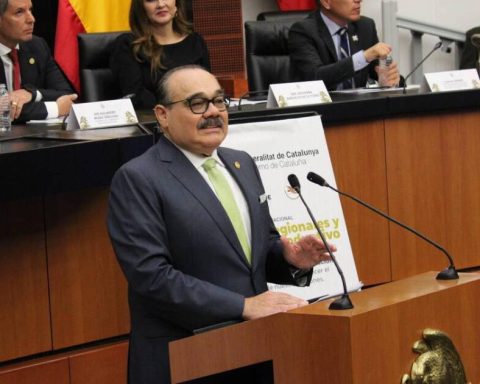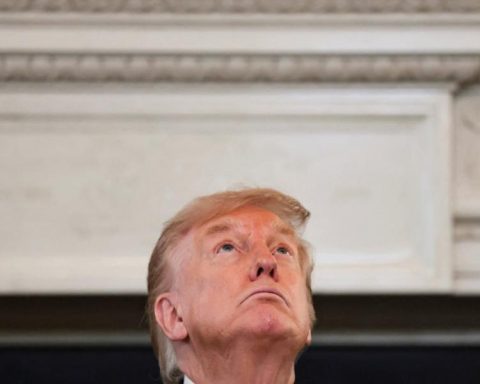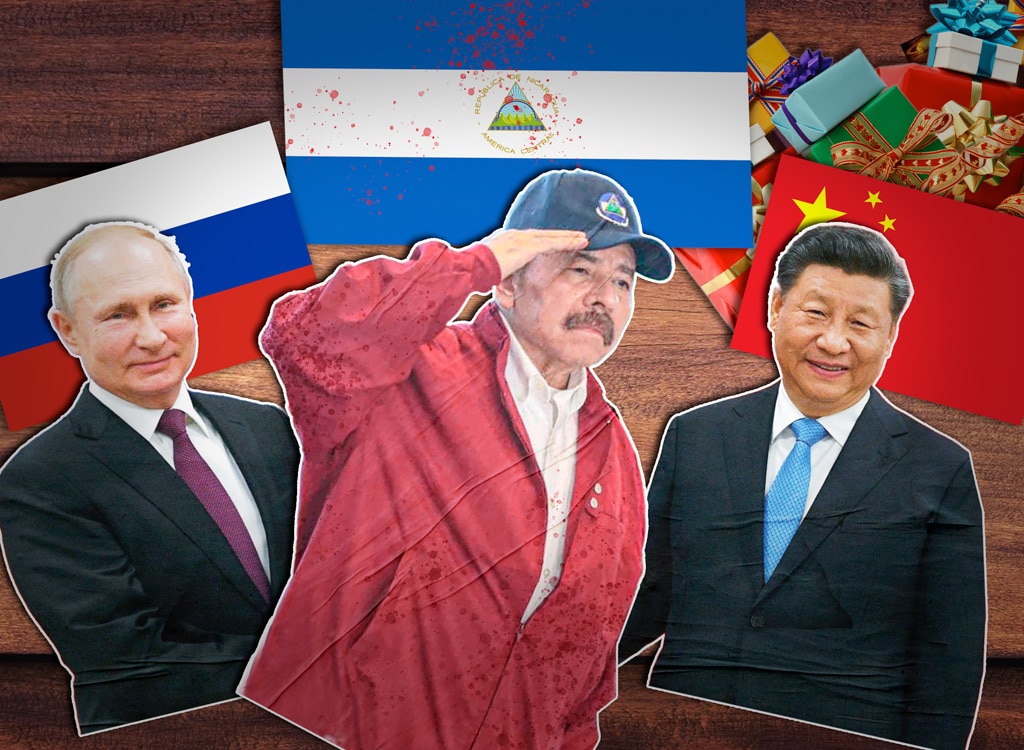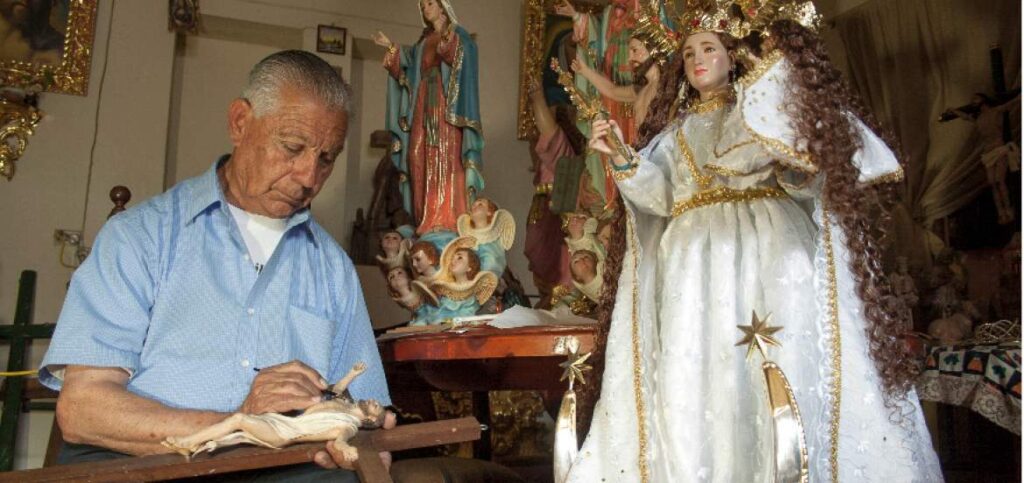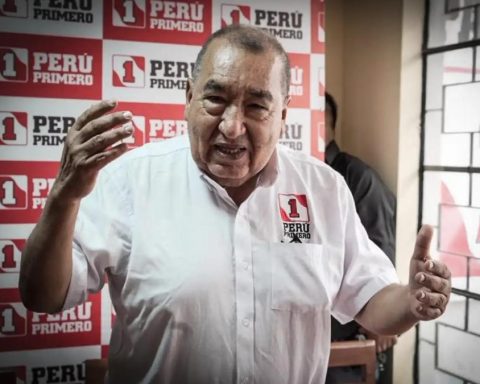The problem is that the CNBV, with the consent of the powerful banking lobby and the Ministry of Foreign Affairs (SRE), has made the approved regulation a Frankenstein and is written so that banks are not obliged to bank migrants.
First, because the CNBV approved several extensions so that the banks did not have to do it immediately; second, because a trick wording was approved. In other words, a regulation that means that banks do not have to open migrant accounts if they do not have trained personnel to validate INM documents.
The trick lies in the fact that, as each bank decides discretionally if it wants to have trained personnel to validate INM documents, or not, no bank does it.
I contacted four large banks (Banamex, Banorte, Scotiabank and BanCoppel) to ask if it would be possible for a foreigner living in Mexico to open a bank account with immigration documents. The answer was a categorical no.
Banks don’t want to open accounts to vulnerable migrants for one simple reason: it’s not good business. Migrants do not have great resources, they are not subject to large credits and, on the contrary, they could carry out operations that would be subject to surveillance due to the strict regulations that Mexico has on money laundering. In other words, the migrant costs them a lot and leaves them little.
The CNBV should not allow private companies to discriminate against vulnerable people just because they can charge them less money. Their job should be to regulate banking in favor of vulnerable people. He hasn’t.
On the contrary, the only commitment on the table to move forward on the issue is that, eventually, the SRE will have a system to officially validate INM documents. That way, you no longer have to rely on private training. Yet for one reason or another, be it austerity or inattention to the issue, the SRE simply hasn’t done it. And as long as it doesn’t, the CNBV has created a regulation in favor of banks and to the detriment of migrants.
Thus, banks keep their profits high while migrants are forced to resort to carrying their money in cash, making themselves more vulnerable to organized crime or asking other people for favors to hold their money for them. It seems that the CNBV operates at the service of the banks, more concerned with maintaining the extremely high utility and stability of Mexican banking than with implementing a regulation that benefits consumers.
If the migrants had resources, they could protect themselves against this violation of their rights, attend the meetings between the CNBV and the Association of Banks of Mexico (ABM), and express their position. They do not have resources and, therefore, the regulation is agreed between the powerful.


